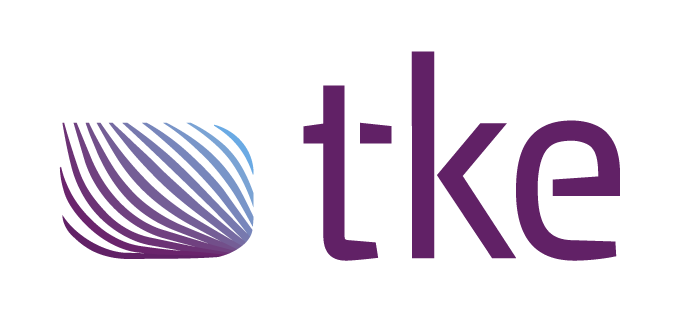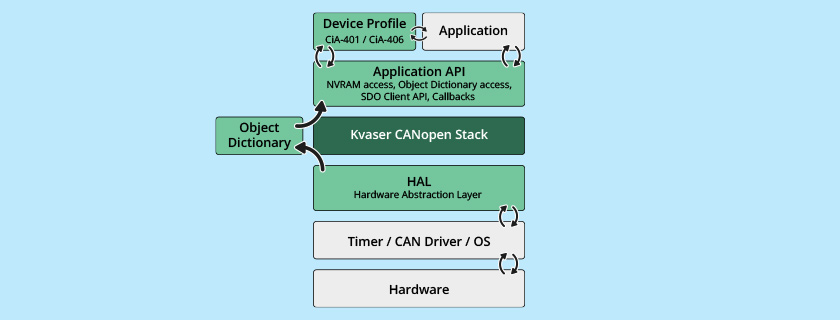Kvaser CANopen Stack Release
This release of the Kvaser CANopen Stack introduces new functionality that enables the generation of stack object dictionary files from a CANopen node EDS file. The release also adds support for CANopen time consumer object functionality. The Kvaser CANopen stack and the included demo projects have been updated to be compilable on Linux platforms
Streamlined CANopen Node Setup and Extended Linux Compatibility with New GUI Tool
A new graphical user interface (GUI) tool has been introduced to facilitate the automatic generation of object dictionary files and configuration header files. This tool streamlines the process of setting up CANopen nodes, making it more convenient for developers. With this update, developers can now utilize application callbacks for handling communication reset and node reset events. This allows for better control and customization of communication processes. The Kvaser CANopen Stack and the accompanying demo projects have been updated to be compatible with Linux platforms. Now, you can compile and run the sine wave and master demos on Linux, broadening the range of supported platforms.
CANopen Update: Time Consumer and 29-bit CAN-ID Support Added
The release incorporates support for CANopen time consumer object functionality. This addition enables CANopen nodes to consume time-related information, enhancing synchronization and coordination in distributed systems. In response to user feedback, 29-bit CAN-IDs are now supported for compatible objects. This feature provides more flexibility for utilizing extended identifiers in certain applications.
Upgrade to Kvaser CANopen Stack 2.1.4 and experience the convenience of the GUI tool, increased control with application callbacks, enhanced Linux compatibility, and expanded support for time-related and extended ID functionalities.



